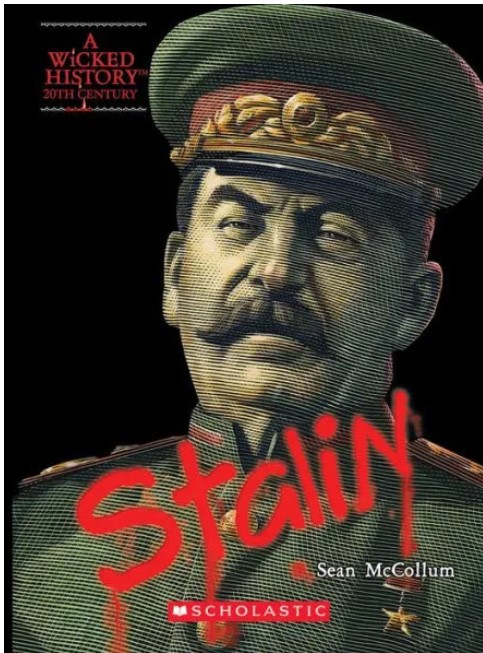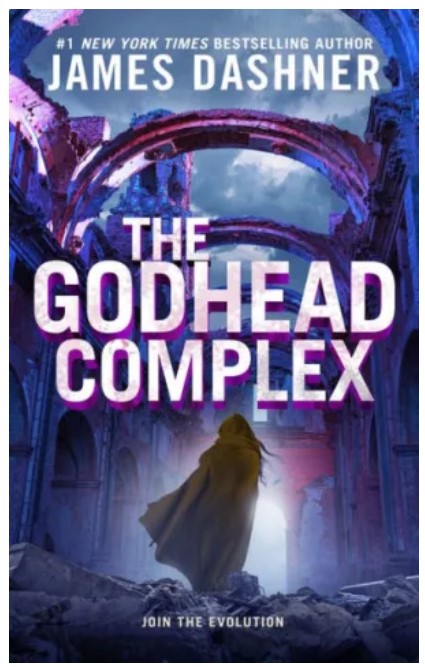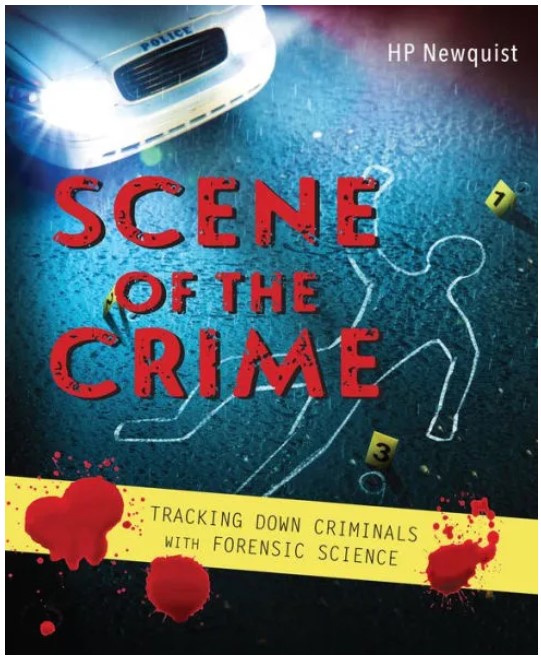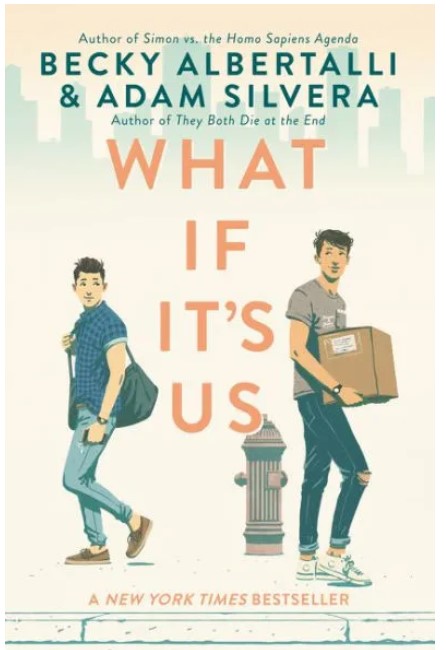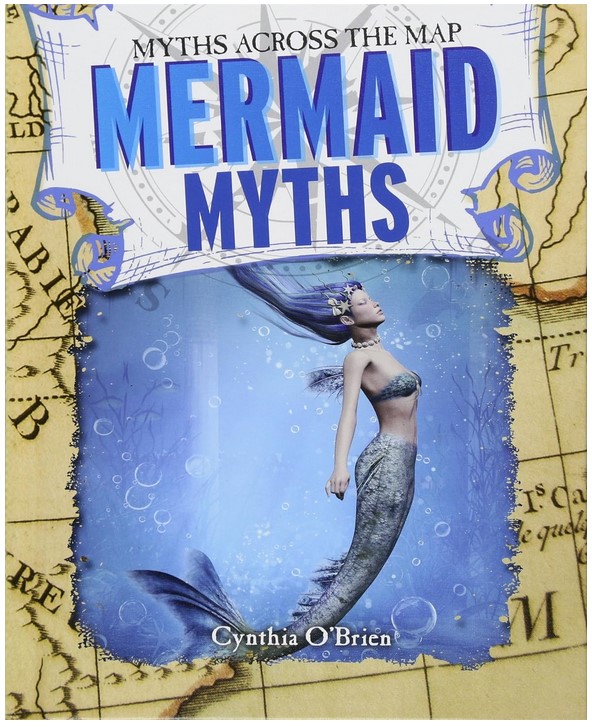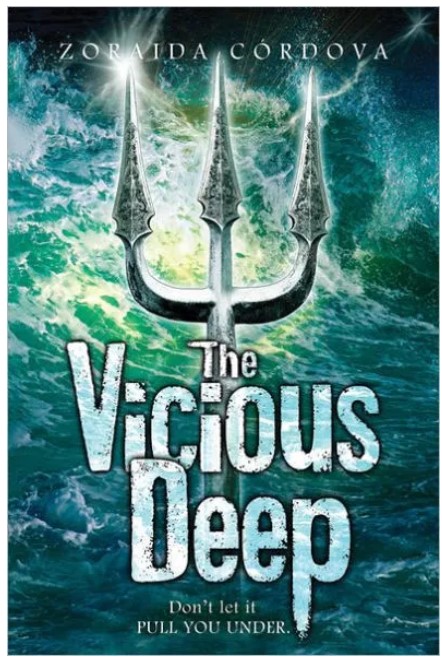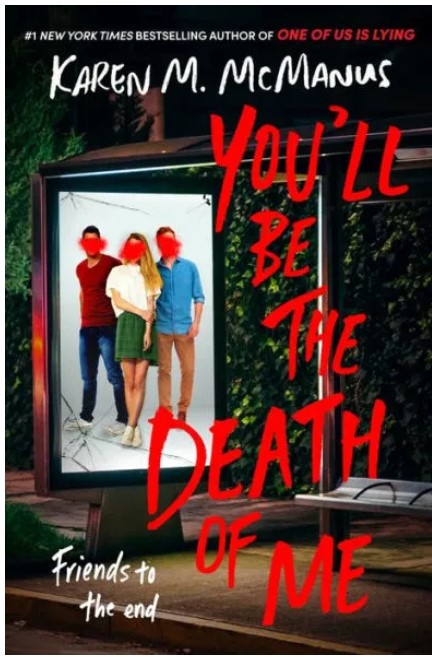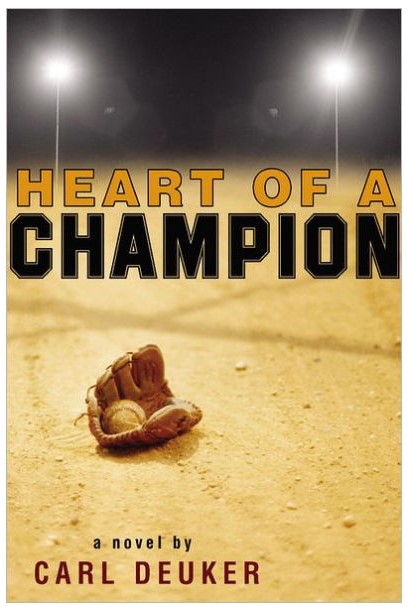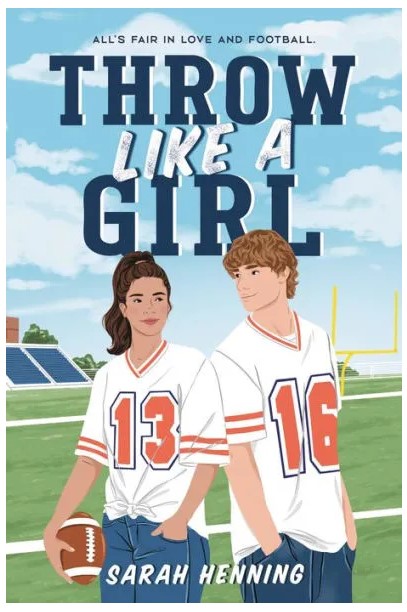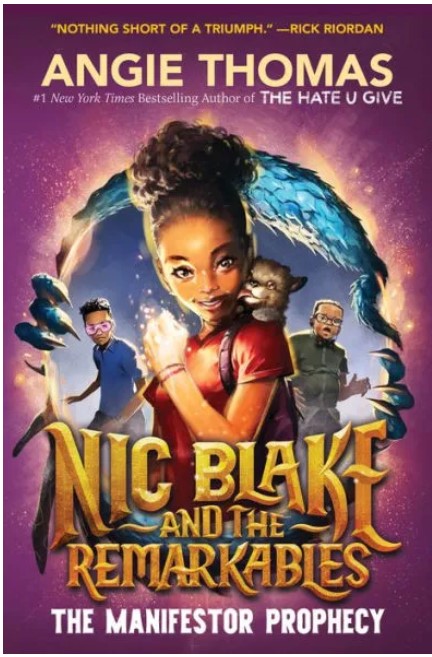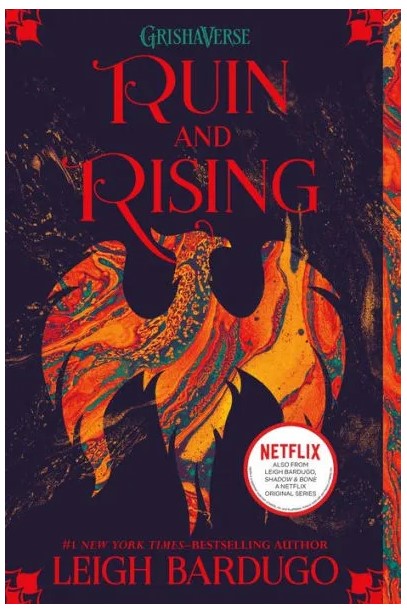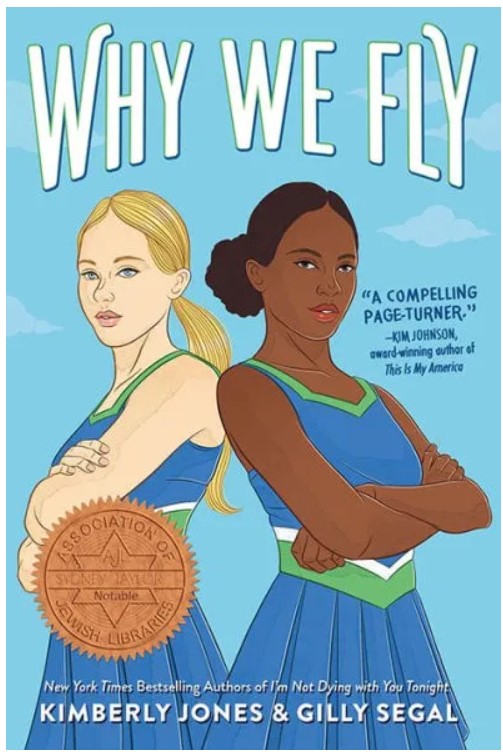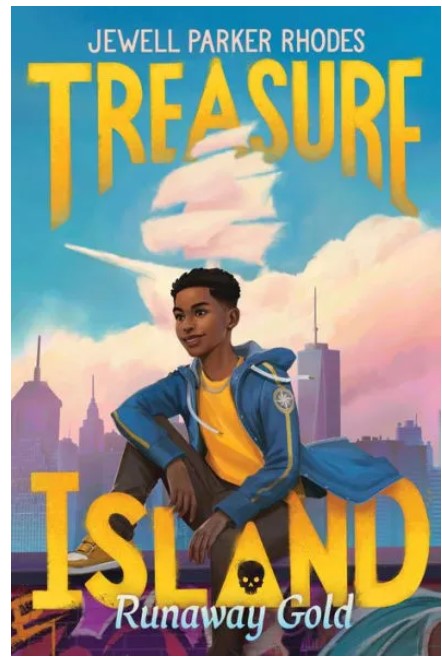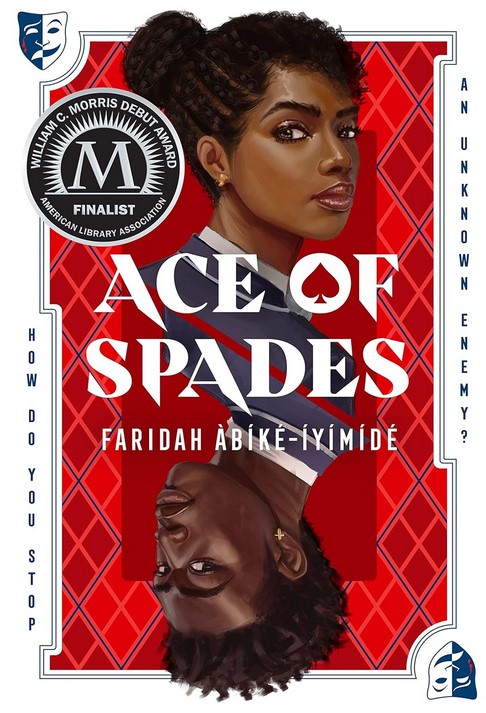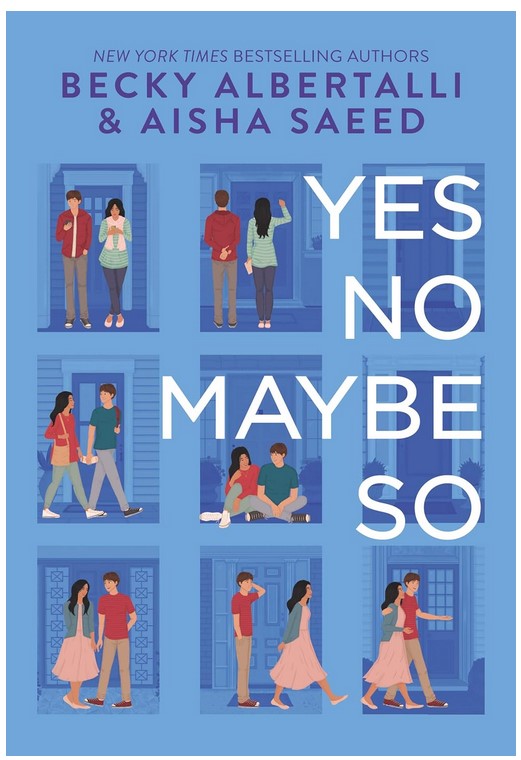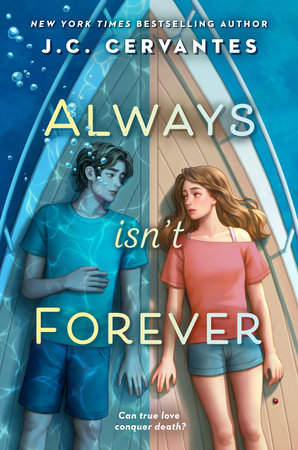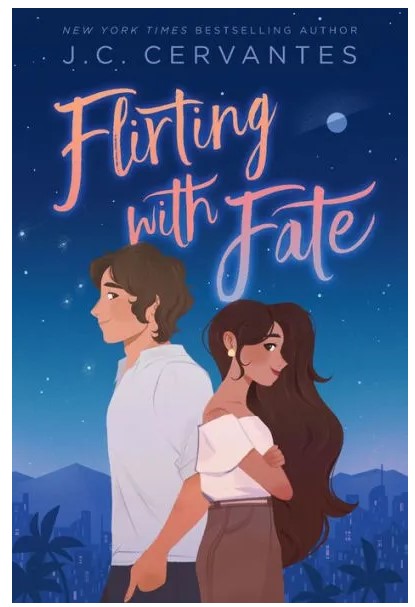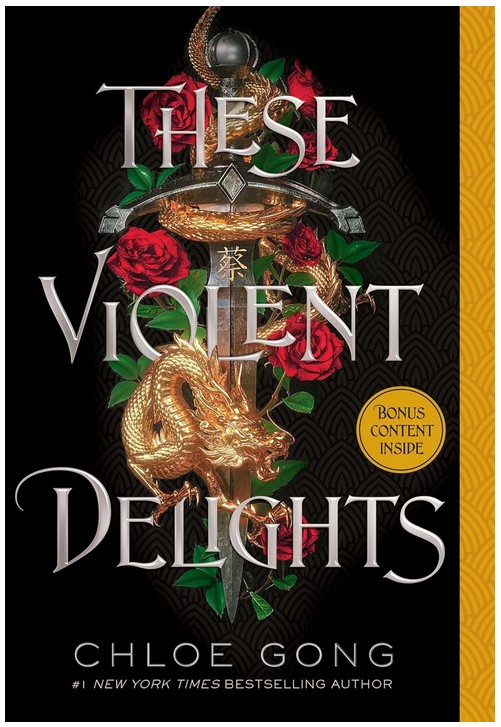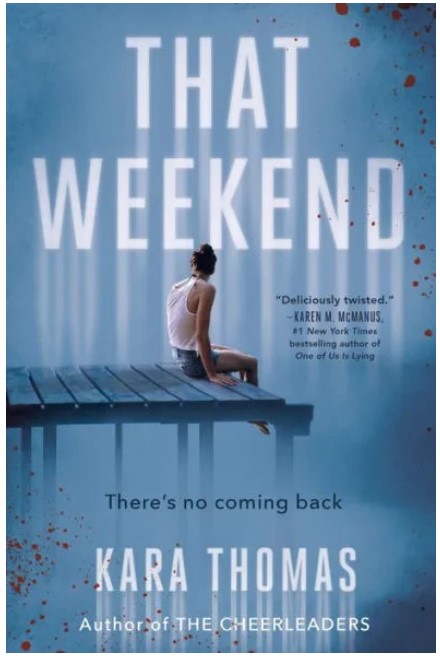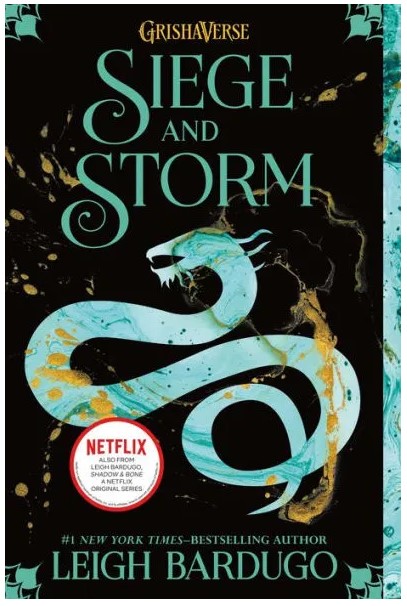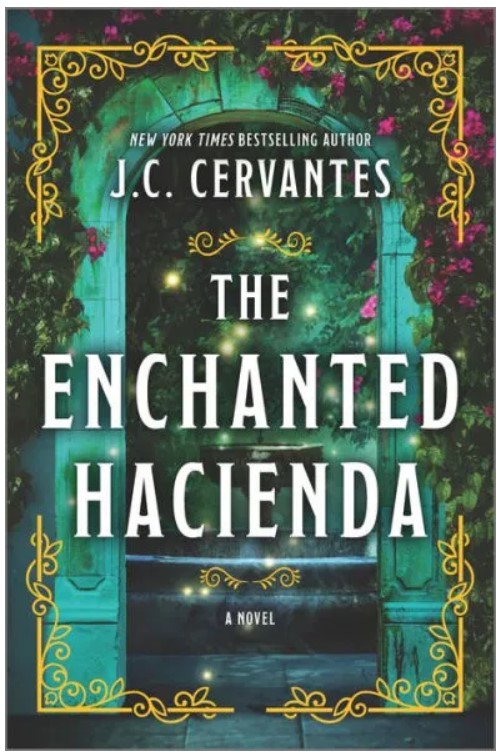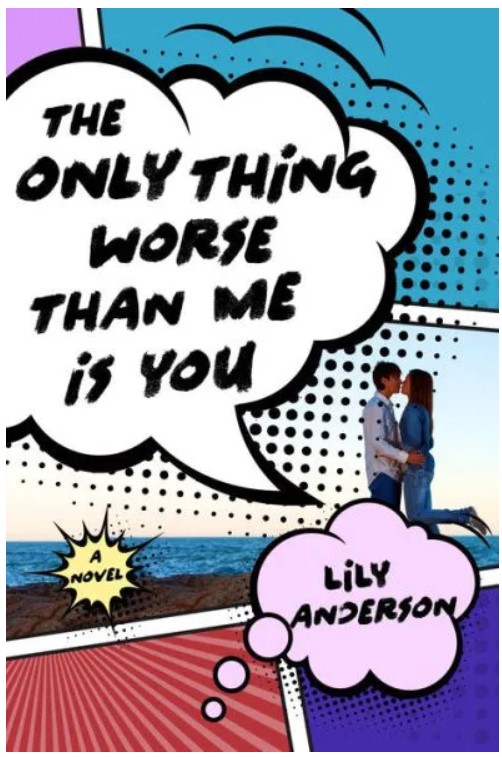In 1917, Russian workers shocked the world by overthrowing their emperor and ending centuries of tyranny. The leaders of the Russian Revolution proclaimed a new nation—the Soviet Union—and promised to build a just society run by and for the common people.
Instead, they gave the world Joseph Stalin.
Stalin turned the Soviet Union into a world power—at an almost unimaginable cost. He uprooted millions of peasants and starved millions more to death. He executed his enemies, real or imagined, and filled a notorious system of prison camps with Soviet citizens. He was more ruthless than any of the previous Russian emperors.
Joseph Stalin takes readers through Stalin’s life, from his troubled childhood until his death. The book adeptly includes enough detail to provide context and color to each chapter without overwhelming the reader with facts. From Stalin’s childhood to his time as a revolutionary and finally to his span as leader of the Soviet Union, Stalin’s life is fraught with violence.
Reading about Stalin is not for the faint of heart. From bombs to gulags, mass executions to deliberate starvation, the information in this book—while not described in graphic detail—is disturbing in the extreme. Each chapter contains one to two black-and-white historical photographs. In addition, there is a seven-page photo collection in the middle of the book. While the illustrations are often grainy enough to obscure any gory details, the images of corpses, skeletons, and violence may be disturbing.
Joseph Stalin is written at a high reading level, with some challenging vocabulary. Each chapter is only four to six pages long, making this a short read for those interested in learning about this dark chapter in history. The story is engaging and quick-paced, perfect for readers who do not want to get bogged down in endless details. Readers don’t need to know much about Stalin in order to understand this non-fiction book, but enough facts are included that those familiar with Stalin’s life will still learn something new. The book ends with a timeline of Stalin’s life and a glossary that includes definitions of both Russian terminology and some of the more difficult vocabulary.
While the short chapters and illustrations will help readers engage with this disturbing tale, the difficult vocabulary and extremely violent content make this book a good fit for more mature readers. Teaching our youth about dark chapters in history is essential in educating and empowering the next generation; however, this book may give sensitive readers nightmares. Readers who would like to learn more about Stalin’s time period without disturbing details should instead read Breaking Stalin’s Nose by Eugene Yelchin.
Sexual Content
- None
Violence
- A flood near Kolpashevo unearths a mass grave. “As the current eroded the riverbanks . . . human skeletons began to tumble from the ground. Half-frozen, mummified bodies surfaced in the layer below the skeletons. Many of the remains slid into the river.”
- The secret police “forced local residents to tie weights to the bodies and sink them in the river.” The KGB said the bodies were “military deserters executed after World War II . . . but the people of Kolpashevo knew the truth . . . In the late 1930s, friends, relatives, and neighbors . . . were shot in the back of the head and shoveled into a mass grave” by the local secret police. A black-and-white photograph of a mass grave accompanies this chapter.
- When Stalin was a young boy, he “once threw a knife at his father in order to protect his mother from a beating.”
- When Stalin was twenty years old, he joined the Russian Social-Democratic Workers’ Party, where “he organized protests, strikes, and riots. At one point, he was suspected of setting a fire in an oil refinery.”
- In 1905, during protests across Russia, “peasants lashed out at their landlords, burning their estates to the ground and torching police stations . . . [Stalin] and other revolutionaries created battle squads to harass and kill tsarist troops.” Afterwards, the “tsar allowed vigilante death squads called the Black Hundreds to roam the countryside and crush all signs of public protest.”
- When Stalin started working for Lenin and the Bolsheviks, he “took up life as a gangster . . . [he] robbed banks, trains, and mail ships. In one murderous assault, [his] gang blew up two horse-drawn carriages.” Forty people were killed.
- The Bolsheviks “sent squads of assassins armed with rifles, pistols, and homemade bombs into Russian cities. Between 1906 and 1909, the Bolsheviks and other revolutionary groups killed more than 2,600 police and government officials.”
- There are many references to people being “shot” and “executed,” often “with a bullet to the back of the head.” For example, the NKVD in Stalinabad “ended up shooting more than 13,000 [people].” Not all instances of executions are listed here.
- A Red Army newspaper said, “Without mercy, without sparing, [The Red Army] will kill our enemies in scores of hundreds. Let them drown themselves in their own blood.”
- Lenin (the leader of the Communist Revolution in Russia) said, “How can you make a revolution without firing squads? If we can’t shoot [enemy] saboteurs, what kind of revolution is this?”
- Stalin had many slave-labor camps called gulags. “Prisoners . . . lived on starvation rations and received little medical care. They were purposely worked to exhaustion. They died by the thousands. . . At least one million would die in the gulags,” the book says, though many think the number is much higher.
- Gulag survivor Alexander Solzhenitsyn wrote about how prisoners were “singled out for bad behavior” and thrown into a “bedbug infested box.” When the bedbugs swarmed the victim, “he waged war with them strenuously, crushing them on his body and on the walls, suffocated by their stink. But after several hours, he weakened and let them drink his blood without a murmur.”
- Stalin created a massive famine where “peasants were dropping dead of starvation.” Millions starve, and “once-lively villages [became] ghost towns with skeleton-thin corpses lining the street.”
- The famine gets so bad that “reports of cannibalism leaked out from the worst affected regions. In the city of Poltava, children started mysteriously disappearing from the streets. Before long, fresh supplies of meat appeared in the normally barren city markets. Upon inspection, the meat was found to be human flesh.”
- Sergei Kirov, a rival of Stalin, is “shot dead in Leningrad by an assassin.” Many suspect “that Stalin had ordered Kirov’s murder to get rid of a dangerous rival.” Trotsky, another rival, was later assassinated by “a blow to the head with an ice pick.”
- Two rivals of Stalin are “dragged from their cells and shot. Afterward, the bullets were removed from their brains and kept by NKVD chief Genrich Yagoda as souvenirs.”
- Many times during Stalin’s reign, “mass graves were dug.” Several photos of dead bodies and skeletons are included in the book.
- During World War II, Red Army officers received orders to “execute deserters and troops who fled from battle. More than 150,000 soldiers were shot in 1941 and 1942 alone.”
- The chapter on World War II includes a photograph of two Soviets being hung by Nazis.
Drugs and Alcohol
- Stalin’s father “was an angry man who drank heavily and beat his wife and son.”
- It is said that “Georgians had a reputation for drinking hard, singing loud, and settling feuds with punches if not daggers,” and Stalin “fit right in.”
Language
- A politician praises Stalin’s Five-Year Plan, saying, “Damn it all . . . you just want to live and live—really, just look what’s going on.”
Supernatural
- None
Spiritual Content
- Stalin’s mother was “determined to see [Stalin] wear the long black robes of a Russian Orthodox priest.” Stalin enrolls in Tiflis Spiritual Seminary but is kicked out.
